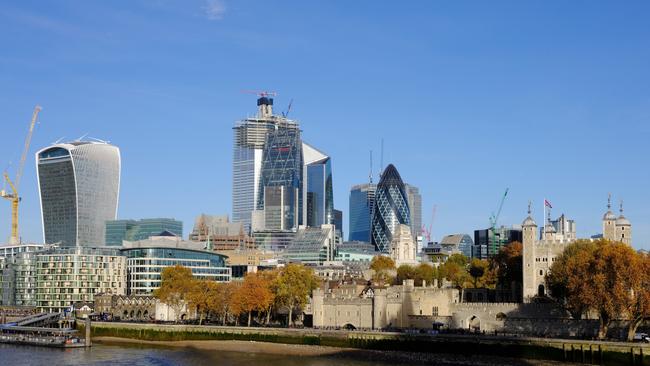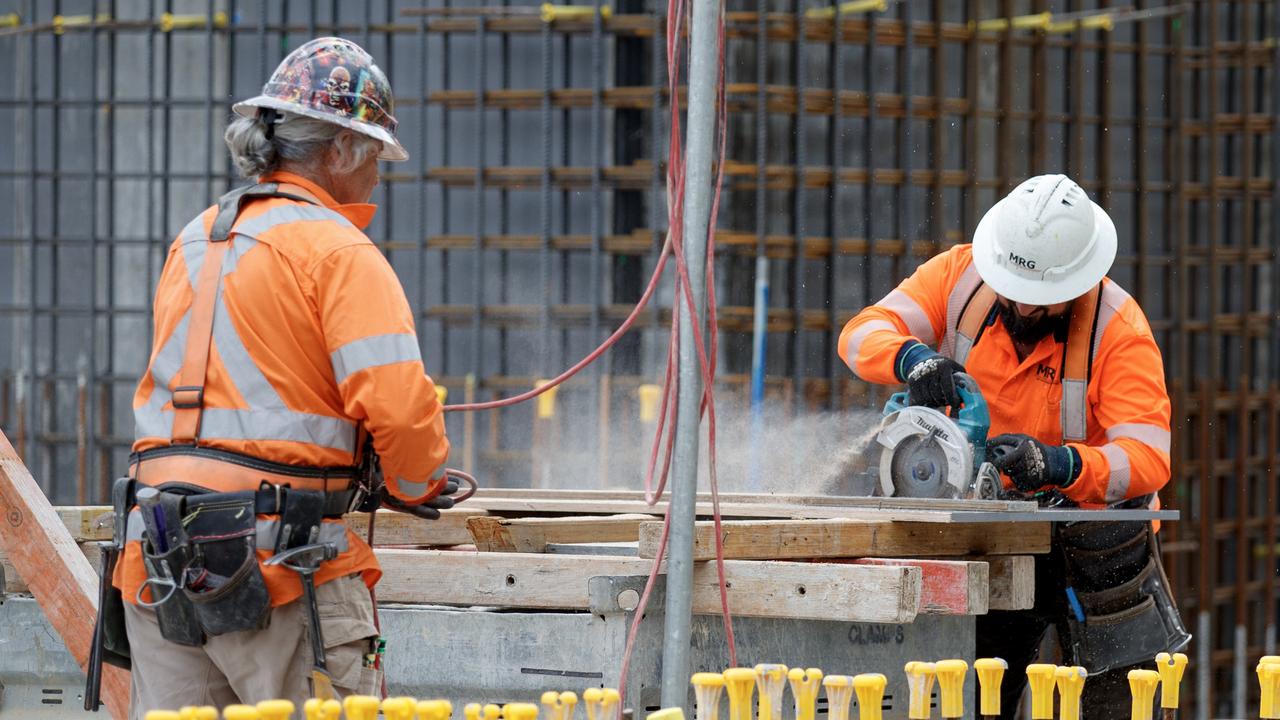Painful Brexit may be an invigorating disruption
Whatever Brexit we end up with once the dust settles will take an economic toll. But it may also bring rebirth.

There is no Brexit option that leaves the UK better off economically. From the moment the polls closed on June 23, 2016, the negotiation was always going to be a trade-off between growth and sovereignty. Some Brexiteers still refuse to recognise that simple truth, but equally, on the other side of the argument, the scaremongering is overdone. There are debilitating scenarios, crashing out of the European Union without a deal being the chief one, but it would take an epic failure of statesmanship — on both sides — to deliver maximum pain.
With hindsight, it might have been useful to know what was realistically achievable before the vote and, in a perfect world, we’d stop Brexit now, bank the knowledge we’ve gained and start again, using this week’s 585-page draft withdrawal agreement as a blueprint. If we could have a second referendum, that — were we to remain — guaranteed a third when Brussels changes the European Union treaties, I would take that.
Instead, Britain has blundered into Brexit like a beachcomber in Deal who fancies his chances of swimming the channel and gets a few miles out before realising he ought to have done some training and worn a wetsuit. For that’s where we are, treading water halfway between Brexit and Remain, risking “no deal or no Brexit” as the Prime Minister said, not sure which way to turn as we lose the feeling in our toes.
There is much to fear about Brexit, but it is all tail risk. A hard border in Ireland that collapses the Good Friday agreement, a political implosion in Westminster that leaves the country ungoverned and ripe for a socialist takeover, and no deal at all are the main concerns. Strip out the worst-case scenarios, though, and fears about the economy have been overcooked. The cost of leaving will be small, assuming we strike even the most rudimentary free trade deal. There will even be some rewards.
Last week, the International Monetary Fund published what was nominally a Brexit warning paper. Britain would be worse off after leaving the EU no matter what, it said. Yet the numbers were hardly terrifying.
A free trade deal, one that is less ambitious than that sought by either Britain or the EU, would cost the UK about 3.1 per cent in lost growth by 2030 under its central estimate compared with no Brexit. That is 0.28 per cent less output every year, equivalent to £5.6 billion ($9.8bn) or £215 per household, and would leave the government needing to borrow about £2bn more annually to cover its spending plans. By comparison, the Office for Budget Responsibility made much larger forecast changes in November 2017 that had nothing to do with Brexit. They were all about pre-existing productivity problems.
Short of a catastrophic Brexit, productivity remains Britain’s biggest economic challenge. Ironically, on that issue, Brexit may actually help. The economics literature says the exact opposite. It says that weaker trade intensity and lower migration damage productivity. But the analysis ignores the power of disruption. Disruption forces change, which orthodox economics celebrates, and Brexit is nothing if not disruptive.
Business has grown fat and lazy on cheap money, cheap labour and high asset prices. Companies have been paying out record dividends, buying back shares and making only minimal investment for more than a decade. Brexit may have deterred investment in expansion, but it is driving investment in systems and efficiency, which is far more fundamental to productivity than a new warehouse. A large automotive engineer is so worried that its supply chain will fail after Brexit that it has seconded staff to upgrade suppliers’ technology and management systems because it cannot afford even the slightest delay. This “diffusion” of best practice is now widespread in manufacturing, consultants say. It is important because a failure to diffuse knowledge between companies is a key barrier to higher productivity. Be the Business, an industry-led initiative, was established last year to address that exact challenge. Brexit is giving it a hand.
Now that unemployment is so low and free movement is ending, companies are facing skills shortages. Tighter labour conditions are lifting pay and providing the “impetus for firms to invest in automation to improve productivity”, the Bank of England has observed. Retailers, hit hard by inflation since the referendum, are pouring money into technology. Jobs are being lost, but the industry is creating new, better-paid ones, the British Retail Consortium says.
These are all anecdotes, nothing more because no analysis has been done, but they serve to show that business is responding to Brexit disruption. It is changing in a way that until now it had resisted, and if anything is an enemy of productivity, it is complacency with the status quo.
It’s not only business that faces change. The whole economy will have to adjust after Brexit, the IMF said. Financial services will be the most affected sector in a free trade deal, but the City will remain a global financial centre, just with a little less power. Structural economic changes also would reshuffle Britain’s workforce, with fewer bankers and more engineers as manufacturers gradually bring supply chains onshore.
The IMF concluded that Britain’s labour market was better able to adjust than that of most European countries. Even so, the government would have to invest in retraining and housing to help aid relocation — policies that the country needs regardless of Brexit. The fund also recommended policies to support entrepreneurs, including access to credit. The Bank is already on the case. It is said to be considering plans to relax capital standards for smaller lenders once out of the EU, in a move that could boost small business finance.
No one would choose disruption this way, but no one ever chooses disruption. It is disorientating, painful change that always claims victims. The status quo, protected by entrenched interests, is always preferable. Whatever Brexit we end up with once the dust settles will take an economic toll. But it may also bring rebirth.
The Times



To join the conversation, please log in. Don't have an account? Register
Join the conversation, you are commenting as Logout